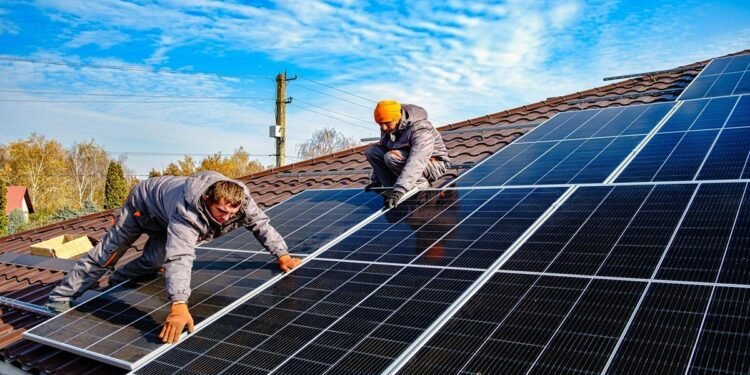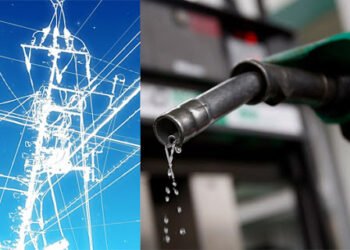The Pakistani government is considering imposing a tax on residential and commercial users of solar panels, sparking debate and concern among those who have invested in solar energy systems. This move comes as a surprise to many, given the government previous promotion of solar energy as a means to reduce reliance on oil-based energy sources.
Reports have emerged that the Central Power Purchasing Agency (CPPA) has proposed the imposition of a tax on users who have installed solar panel systems with a capacity of 12 kilowatts or above. While the federal government has yet to make a decision on this matter, the proposal has raised questions about the future of solar energy adoption in Pakistan.
If the proposal is accepted, users with solar setups of 12 kilowatts or above would be required to pay Rs. 2,000 per kilowatt in taxes. This means that a 12-kilowatt (sp) setup would incur a total tax of Rs. 24,000. Such taxation could potentially discourage individuals and businesses from investing in solar energy, thereby hindering progress towards a more sustainable and environmentally friendly energy landscape in Pakistan.
The imposition of taxes on panels could have far-reaching implications for both residential and commercial users. For many, solar energy has offered a cost-effective and environmentally friendly alternative to traditional energy sources. However, the introduction of taxes could undermine the financial viability of (SP) energy projects and deter future investments in this sector.
READ MORE: itel announces change in management: Committed to continued growth and partnership
As the government deliberates on this issue, stakeholders in the energy industry are closely monitoring developments and advocating for policies that support rather than hinder the growth of renewable energy sources. The decision on whether to tax (SP) will undoubtedly shape the future of energy policy and sustainability efforts in Pakistan.



 Pakistan Rupee Exchange Rate
Pakistan Rupee Exchange Rate





